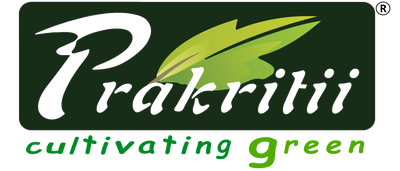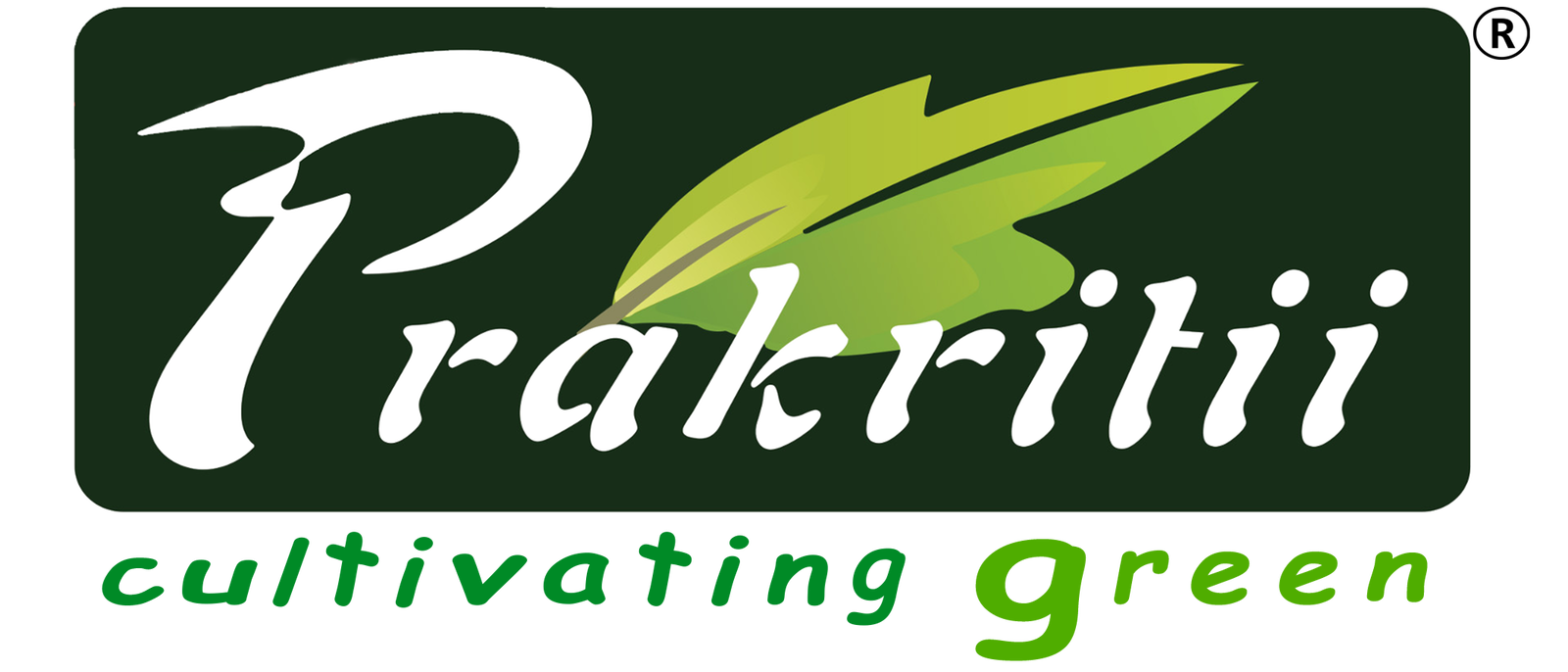- Home
- About Us
- Featured
-
Products
- Palm Plates
- Wooden Cutlery
- Bamboo Products
- Bagasse Products
- Fancy Products
- Paper Products
- Sample Box
- Catalog
- Need Help?
- Sign in
- Home
-
About Us
-
Featured
-
Products
- Palm Plates
- Round Plates & Bowls
- Square Plates & Bowls
- Oval Plates & Bowls
- Rectangle Plates
- Other Shapes
- Wooden Cutlery
- Spoon, Fork, Knife & Spork
- Fruit Forks
- Pinewood Cone & Boat
- Wooden Stirrers
- Bamboo Products
- Knot Sticks
- Chopsticks
- Gun Sticks, Stirrers & Straws
- Bagasse Products
- Bagasse Tableware
- Bagasse Food Container
- Fancy Products
- Fruitpicks, Toothpicks & Flags
- Bamboo Toothbrush, Tongue Cleaner & Razor
- Wooden Combs, Hair Brushes & Ear Buds
- Bamboo Tray, Mugs, Bottles, Stapler & Clips
- Paper Products
- Paper Cups
- Boxes
- Containers
- Paper Box & Pouch
- Bags
- Paper Straw
- Paper Cutlery Pouches
- Sample Box
- Catalog
- Need Help?
Two friends, Rs 20,000 investment and Rs 23 crore leaf plate business
February 23, 2024
Primarily, leaves of sal tree or areca palm (supari) are used to make leaf plates which have been used in India for centuries. Being biodegradable, they do not cause pollution and also provide employment to local communities, especially tribal people, who prepare plates, bowls and cups using these leaves. Using leaf plates promotes organic life as the disposed plates turn into compost over time.
“We zeroed in on areca palm. The primary advantage of areca palm is that it is cultivated widely in India,” says Amardeep.
“Our country has 75 percent of the world’s areca nut plantation and whatever is made out of these leaves is an Indian monopolistic product. There is no competition from China as raw material is unavailable there,” says Amardeep.
The states with major areca nut plantations are Tamil Nadu, Karnataka, Assam and Kerala. Since Amardeep is from Tinsukia in Assam, the two friends started meeting small local farmers to understand about areca nut leaves, their collection and the manufacturing of plates while still doing their MBA in 2010./30-stades/media/media_files/05IhgFwxNq31pxilMtID.jpg) Areca palm leaves, the raw material, (left) and the ready product, leaf plates (right)
Areca palm leaves, the raw material, (left) and the ready product, leaf plates (right)
The areca palm leaf is the protective sheath that covers the fruit during its development and falls to the ground when the fruit matures. The sheath is sturdy and smooth. They are transported to local units, stored, cleaned, and pressed into various shapes using machines.
“Areca nut leaf plates are made locally in Assam using indigenous machines. But there was no innovation in designs or shapes,” says Vaibhav.
“Since we did not have huge amounts to invest in machines, we decided to invest Rs 20,000 in making moulds and dyes for various sizes and types of leaf plates,” Vaibhav says.
They tied up with local manufacturers to produce the plates and started marketing them in north India under the Prakritii brand. “In 2011, we also started exporting small consignments to the US market,” he adds.
Fine-tuning the business model
Once the product began to get traction and recognition among its handful of buyers, Amardeep and Vaibhav realised the limitation of working in Assam. Heavy rainfall leads to a shortage of raw materials during rains. It also halts production and can also cause fungal growth in the products. Areca palm is not treated as a cash crop in Assam and often the quality of leaves is not good.
“So in 2012, we shifted our manufacturing base to Tamil Nadu which has abundant sunlight and the leaves are bigger and brighter,” says Vaibhav.
They registered their firm AV Prakritii International Pvt Ltd and tied up with local leaf plate manufacturers in Coimbatore. “We invested in dyes and machines for contract manufacturing. From 2012, we started getting good orders from Delhi and Punjab,” Amardeep says./30-stades/media/media_files/ug0kLLc3q9aMyfZAiEsf.jpg) Prakritii follows the hub and spoke model of leaf plate manufacturing. Pic: Prakritii
Prakritii follows the hub and spoke model of leaf plate manufacturing. Pic: Prakritii
Their first major breakthrough came in 2013 when Prakritii started exporting products to the European market.
“The first order from Germany, in 2013, was a small consignment but led us to tie-ups with supermarkets and large distributors in Europe where users were eco-conscious and valued eco-friendly products like ours,” says Vaibhav.
However, there was not much acceptance in India due to the popularity enjoyed by plastic. “Till about 2014, we used to export 70 percent of our products while the rest were sold domestically,” he adds.
By 2016, Vaibhav and Amardeep had found the model that would help their sustainable business expand capacity rapidly. They opted for the hub and spoke model where a central unit works with smaller units spread over a wide area. “We do capital investments, take up the place, put up machines, moulds, shed and hire local people for production. We forge partnership agreements and give them work orders,” Amardeep says.
The production is done at the smaller units, managed and operated by locals, most of whom are women. “The products are brought back to the main unit and checked for quality,” he adds.
The cost of setting up the main hub unit is around Rs25 lakh to Rs30 lakh while the spoke units require an investment of Rs5 lakh to Rs 6 lakh.
“We invest in the main unit and the locals make investments in the sub-units. We help them with technical know-how, and getting loans and subsidies on machines, shed etc.,” he says. /30-stades/media/media_files/NvQ2ROdXHWyYZ9TyD96x.jpg) Prakritii promotes women entrepreneurship through its sub-units. Pic: Prakritii
Prakritii promotes women entrepreneurship through its sub-units. Pic: Prakritii
“We promote women entrepreneurship at these units. Prakritii gives them work orders and they sell the products to us. The payment is fixed on a per-piece basis,” Amardeep says. The model works well as the locals lack technical knowledge, innovation, and access to markets, which is provided by Prakritii. They are also assured of work and income throughout the year. In turn, Prakritii can procure good quality products as per its requirements.
Currently, Prakritii has one main unit and 18 sub-units in Karnataka and another main unit in Tamil Nadu with 14 sub-units. “In 2017-18, we started the Karnataka unit and expanded our export market beyond Germany and France. We tied up with other large distributors in Europe and Australia,” Amardeep says.
Rapid expansion
While plates and bowls from areca nut are the primary products, Prakritii also offers complimentary products like paper glasses, and bamboo stirrers and skewers, which are made at a unit in Dehradun./30-stades/media/media_files/lOE6lJQ0V712RjiitE8O.jpg) Prakritii offers areca palm leaf plates, bowls, wooden and bamboo cutlery and paper glass. Pic: Prakritii
Prakritii offers areca palm leaf plates, bowls, wooden and bamboo cutlery and paper glass. Pic: Prakritii
In the pre-Covid period, around 2018-19, there was a growing awareness to reduce the use of plastic in India and that led to significant expansion of the domestic market for Prakritii.
“By 2019-20, our revenue split from domestic sales and export became 50:50. We expect to close this fiscal (FY23) with Rs 23 crore in revenues. The target for next fiscal is Rs25 crore,” Amardeep says.
Outside India, the biggest geographies for Prakritii are Europe and the US. “Even during COVID, we were receiving orders and the market did shrink a little post-COVID but still things were good.”
In Europe, energy prices went up due to the Russia-Ukraine war which resulted in the lower consumption of these articles as these are not primary goods. Now, markets are looking up again. “We also got good support from the domestic market after the July 2022 ban on single-use plastic. As awareness about plastic pollution increases, there will be more demand for eco-friendly and sustainable products like ours,” he says.
In India, Prakritii sells through supermarket chains, online marketplaces, and retailers. It also has contracts with catering agencies. “We also have a huge chunk of institutional sales, aviation catering and tie-ups with five-star hotels for outdoor events,” Amardeep adds.
Also in Media
Follow
AV Prakritii International Pvt Ltd.
Head Office: 507, Patparganj Industrial Area, Delhi - 110092.
Manufacturing Unit #1: Opp APMC Yard, Bhadravati,, Shimoga, Karnataka.
Manufacturing Unit #2: 9/21C, RK Street, Irugur, Coimbatore, Tamil Nadu.
Sign up to get the latest on sales, new releases and more…
© 2026 Prakritii.
is a registered trademark of AV Prakritii International Pvt. Ltd.
Powered by Shopify



